Moving from stage-1 to stage-2 with your Health proposal – tips for your work plan
1st February 2024 at 12:33 pm
Have you been invited to submit your Health stage-2 proposal by 11 April 2024 under one of the nine call topics shown in our recent blog providing tips for the non-scientific parts of your full application? If so, congratulations! Time to get started on your work plan and the work package (WP) descriptions for the implementation section of the Part B document.
In stage-1, the work plan with the WPs was most likely already defined and briefly described in all proposals. In stage-2, the WPs can still be changed or updated when describing the WPs in more detail. Based on our experience from many Horizon health projects, we would like to share our experience on points that we typically consider when establishing and elaborating the work plan.
Considerations for your work plan and work packages
Most (research and) innovation actions (RIAs and IAs) typically have six to ten WPs, including one management and one communication and dissemination WP. Examples can be seen on our Health project websites for EDiHTA, ThermoBreast and MyPath.
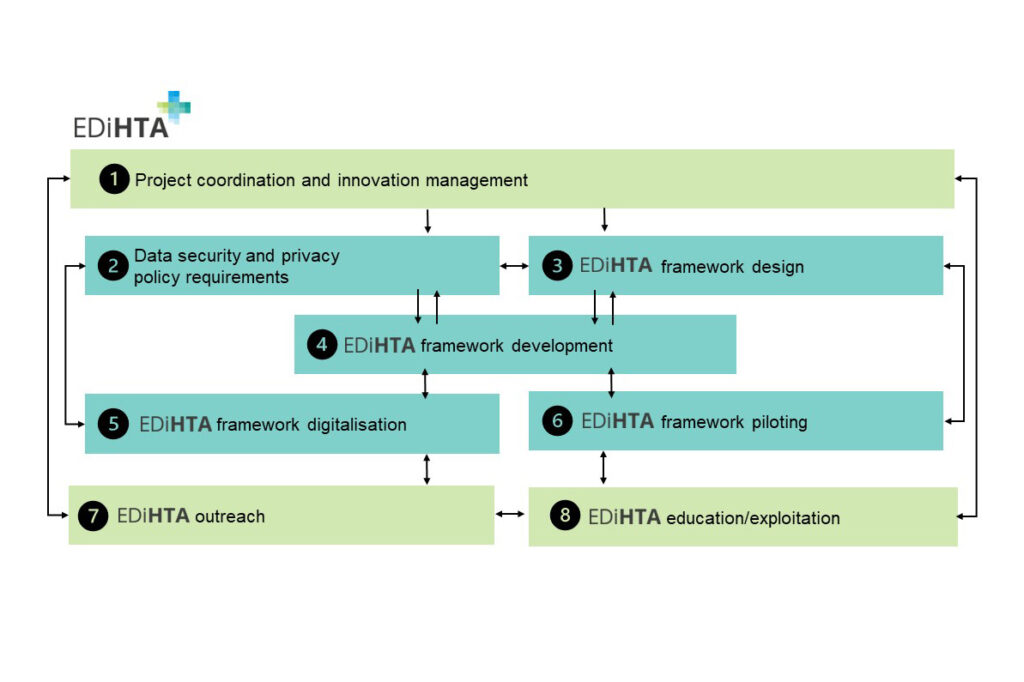
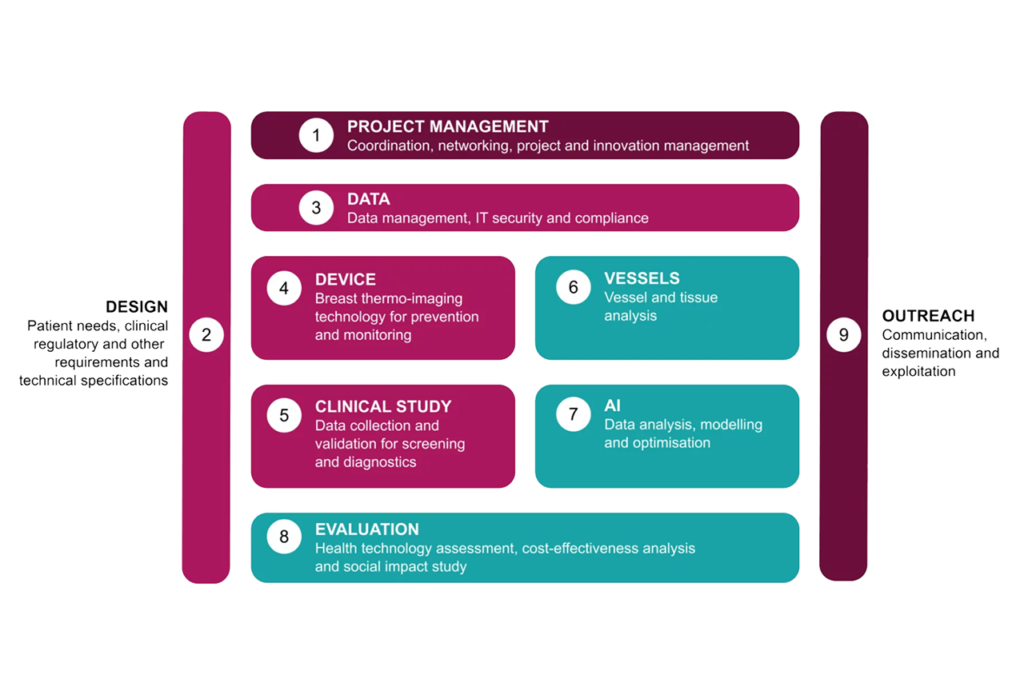
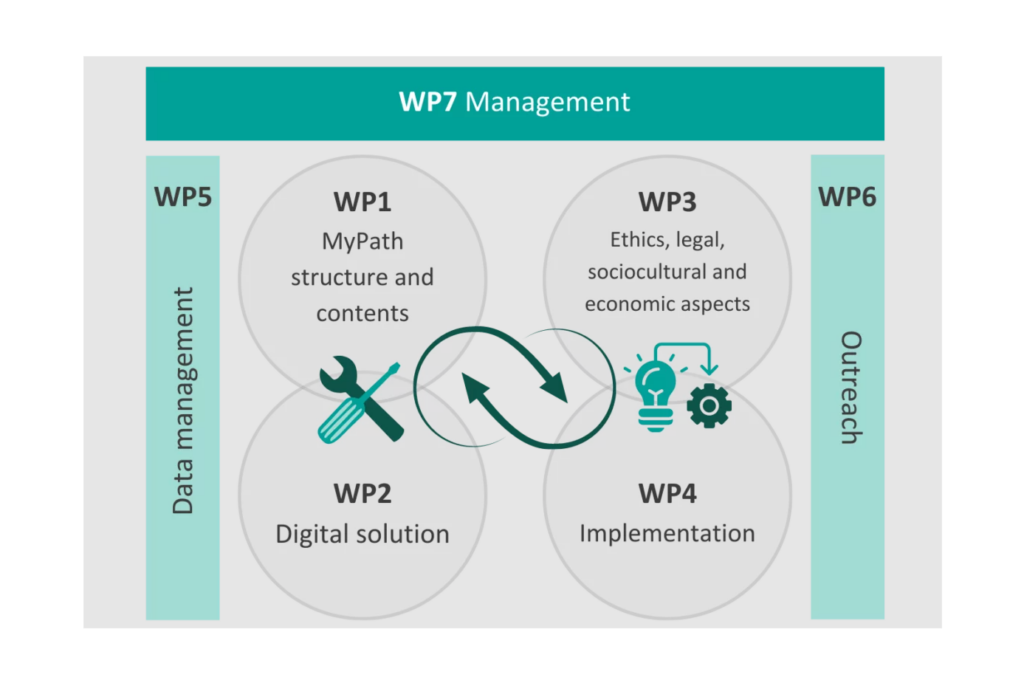
Depending on the call topic-specific requirements and whether it is a RIA or a (more applied research-based) IA, for example an additional WP for exploitation might be useful. Especially if your consortium contains companies with an interest in using the project results for commercial purposes in the future, the validation of the innovations at a larger scale and their subsequent exploitation could be convincing for reviewers.
Several of these Health call topics explicitly require social sciences and humanities (SSH) and related activities as part of the project implementation. Hence, a WP dedicated to SSH such as socio-economic analysis, cost-effectiveness and/or the evaluation of ethical, legal and social aspects (ELSA) is common in many projects, as evidenced in for example our Health projects MyPath and ThermoBreast.
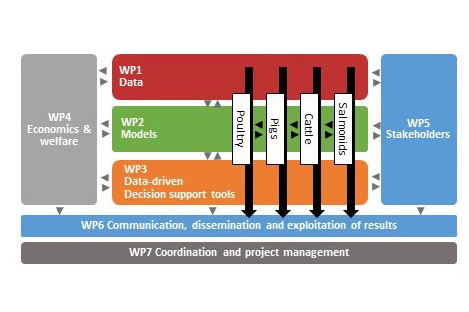
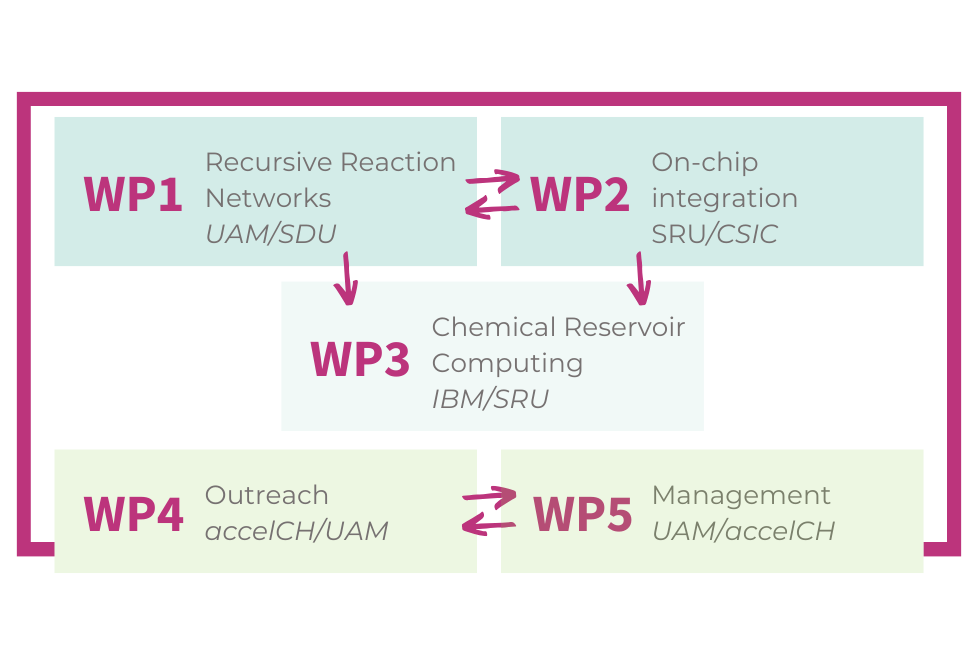
Given that Open Science and Open Data as promoted through the European Health Data Space (EHDA) are key elements and sometimes even formal requirements of Health projects nowadays, it might also be worth having a separate ’Data WP‘. Tasks within such a data-driven WP can include the development of the mandatory Data Management Plan by project month six, the setup and maintenance of a data governance structure and infrastructure as well as data harmonisation and integration with other European data sources. This is particularly important in projects in which retrospective data will be used and in those projects with a clinical trial to collect prospective data.
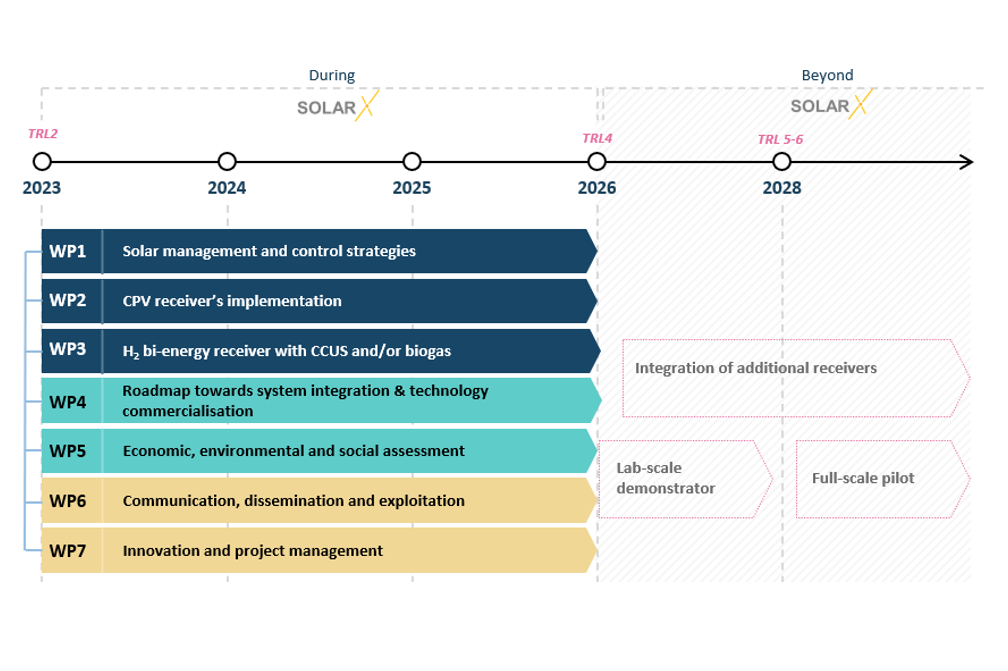
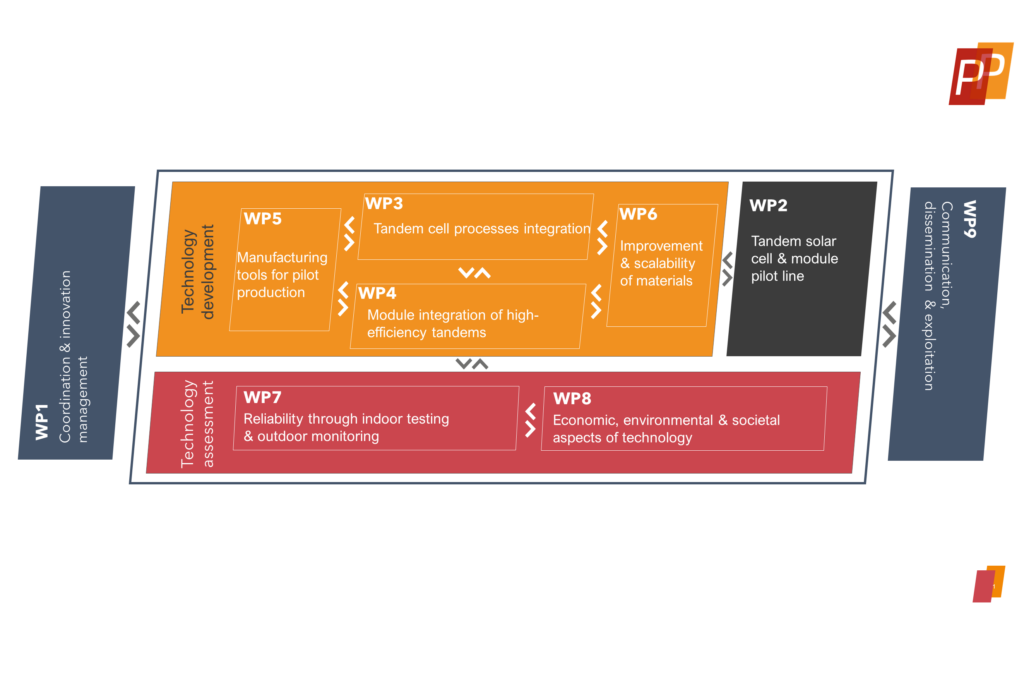
Finally, in some research areas and topics, collaboration with other funded projects is expected or even mandatory. For example, a WP focused on the collaboration with complementary or synergistic activities and objectives might be an option as is the case in our EXIMIOUS project, a member of the EHEN network that formalises the cooperation between nine H2020 projects all undertaking research on the human exposome. Alternatively, in our two more recently started projects ThermoBreast and GLIOMATCH, collaboration on specific common tasks, such as data management and dissemination, with other Cancer Cluster projects is a requirement and enforced by the European Health and Digital Executive Agency (HaDEA). Last but not least, in our new EDiHTA project, knowledge exchange with the second project funded under the same call topic is expected where a collaboration agreement (COLA) might make sense.
Finetuning your work plan and work packages for stage 2
In case ten WPs are not sufficient to break down the project work, the work plan should be subdivided into several “sub-projects” in which several WPs are clustered in each sub-project. This makes the project more manageable. Additionally, we would recommend the following:
- For all WPs, a lead partner (WP lead) is required per default. Additionally, we usually appoint a second partner as deputy or co-lead for risk management reasons and collaboration between partners and within the consortium.
- Ideally, not all WPs start and finish at the same time, unless otherwise justified, so that some tasks or even WPs can use the results of others. However, in some cases, it makes sense for most or all WPs to run in parallel over the entire project lifetime, especially for those involving evaluation and assessment activities.
- As the Health proposals and projects are based on lump sum budgeting, which means the European Commission only pays out funds upon completion of a WP, it is advisable to split WPs with longer durations into two or more WPs. Otherwise, partners contributing to a WP spanning across the entire project duration will need to wait for their payment until after the end of the project. For smaller organisations, the cashflow is however often more critical than for universities and interim payments are a necessity. Hence, lump sum-based budgeting affects the work planning and the number of WPs. Instead of eight WPs, you might have twelve or more – without these being clustered in sub-projects.
For this important change with significant impacts on how you plan your project, we have decided to publish more blog posts in our Health series such as on “lump sum budgeting” soon.
Implementation of the new rules in proposals and projects
If you are looking for a project partner to help you implement the lump sum approach and other call topic-specific requirements in the proposal preparation and, if approved, during the project execution later, we at accelopment can do so. For the Health stage-2 proposal submission, we offer reviews and full writing support, depending on your consortium’s needs.
Our team has successfully supported many health EU-funded Research and Innovation Actions, including three new Horizon Europe Cluster 1 Health projects that started in January 2024: EDiHTA, EU PAL-COPD and GLIOMATCH. These are in addition to our four ongoing Horizon Europe projects COVend, GENEGUT, MyPath and ThermoBreast, and even more Horizon 2020 health projects, such as AI-Mind, ENVISION, EURO-SHOCK, EXIMIOUS and VANGUARD, and many health-focused Innovative Training and Doctoral Networks, including AGePOP, MITGEST and MobiliTraIN.
We look forward to hearing from you and discussing how we might be able to support you in your stage-2 proposal submission and, if wished, how to collaborate on your Health project.


